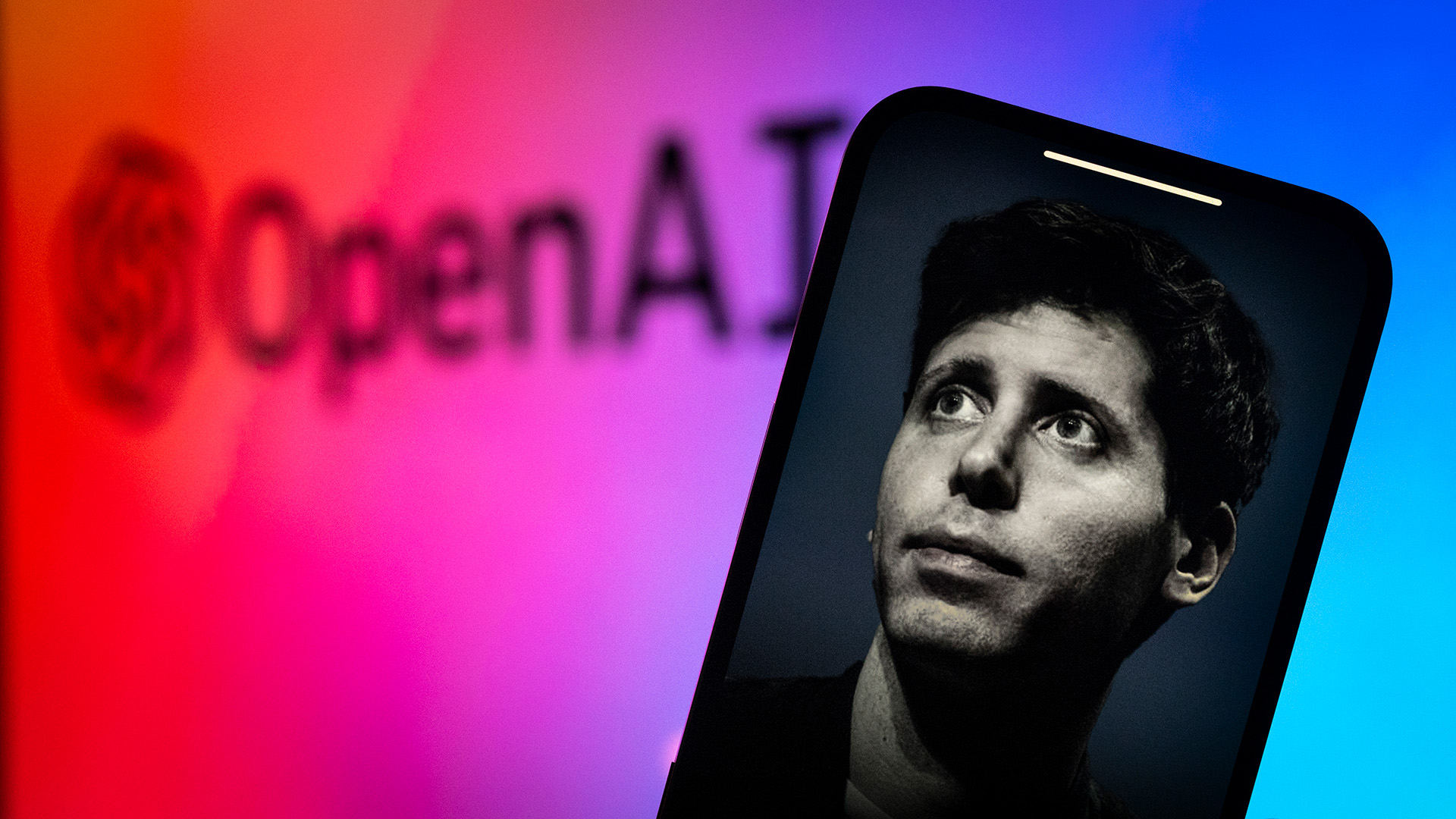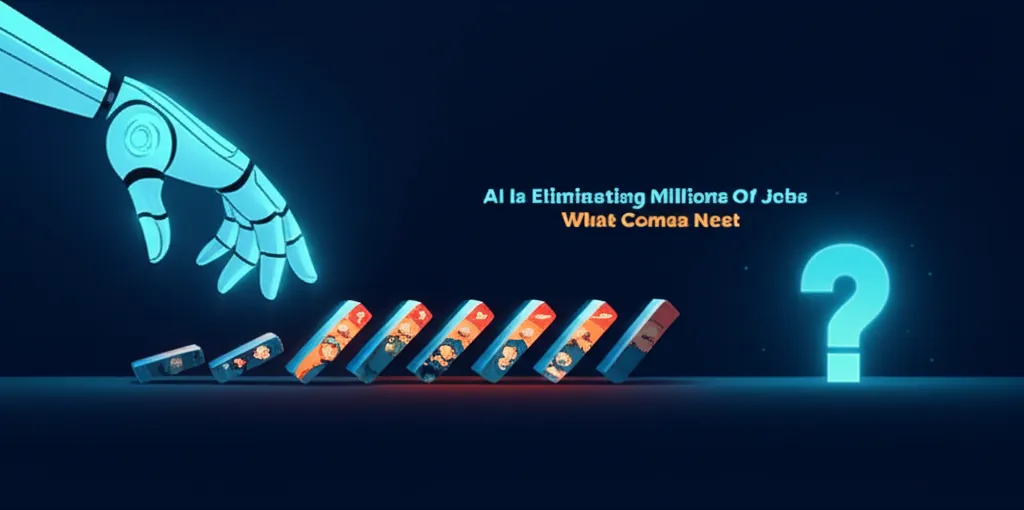Developer Offer
Try ImaginePro API with 50 Free Credits
Build and ship AI-powered visuals with Midjourney, Flux, and more — free credits refresh every month.
Sam Altman Details The Future of ChatGPT
ChatGPT has evolved significantly since its 2022 launch, moving from a novel chatbot prone to errors to a social media phenomenon. OpenAI CEO Sam Altman has described it as more powerful than any human, yet simultaneously cautions users about its reliability, stating, "It should be the tech that you don't trust that much."
However, Altman is looking far beyond the current capabilities of the AI. He recently shared a compelling vision for what ChatGPT could become.

A Glimpse into an Always-On AI Companion
In remarks reported by Barchart, Altman painted a picture of a future ChatGPT that is deeply integrated into a user's life. He claimed the tool “will be running all the time, it'll be looking at all your stuff, it'll know when to send you a message, it'll know when to go do something on your behalf.”
This concept of a proactive, ever-present AI is reminiscent of Microsoft's controversial Windows Recall feature, which continuously captures snapshots of a user's activity on Copilot+ PCs for future reference. Altman's vision signals a move into the era of agentic AI, where tools like ChatGPT and Microsoft Copilot evolve from simple command-based assistants into true digital companions.
The Hardware Question: Are Current PCs Ready?
Realizing this ambitious vision may require more than just software updates. Despite previously suggesting that the AI revolution wouldn't require new hardware, Altman has since revised his stance, admitting, "Current computers were designed for a world without AI."
He now suggests that as AI becomes more prevalent, both software and hardware will need to evolve into something that is far more aware of its environment and has deeper context into a user's life. This implies that future versions of these advanced AIs may not be supported by the computers we use today.

Corporate Tensions Could Derail The Vision
This technological future is heavily dependent on the complex corporate relationship between OpenAI and its primary investor, Microsoft. The two entities are reportedly in tense negotiations over OpenAI's transition to a for-profit structure, which could impact the significant funding required for this level of innovation.
Microsoft, having invested $13 billion, is reportedly seeking a larger portion of the new Public Benefit Corporation (PBC) than OpenAI is willing to offer. Protecting this investment is a top priority for the tech giant, and reports suggest it is willing to let the current partnership agreement run its course through 2030 without ceding ground.
The AGI Gambit and the Future of Work
This corporate standoff has a potential flashpoint: a clause that could allow OpenAI to sever ties with Microsoft by declaring it has achieved Artificial General Intelligence (AGI). One way this could happen is by shipping an AI coding assistant that demonstrably supersedes the capabilities of a human programmer.
The possibility of an AI that can out-code humans feeds into the larger debate about AI's impact on the job market. NVIDIA CEO Jensen Huang has suggested that coding as a career may already be obsolete. In contrast, Microsoft co-founder Bill Gates believes that the complexity involved in fields like coding, biology, and energy will make them resistant to full replacement by AI for the foreseeable future.
Should OpenAI move forward with a premature AGI declaration to escape its obligations, it would almost certainly trigger major legal battles, potentially trapping both tech giants in court for years and casting a shadow over the future of AI development.
Compare Plans & Pricing
Find the plan that matches your workload and unlock full access to ImaginePro.
| Plan | Price | Highlights |
|---|---|---|
| Standard | $8 / month |
|
| Premium | $20 / month |
|
Need custom terms? Talk to us to tailor credits, rate limits, or deployment options.
View All Pricing Details

